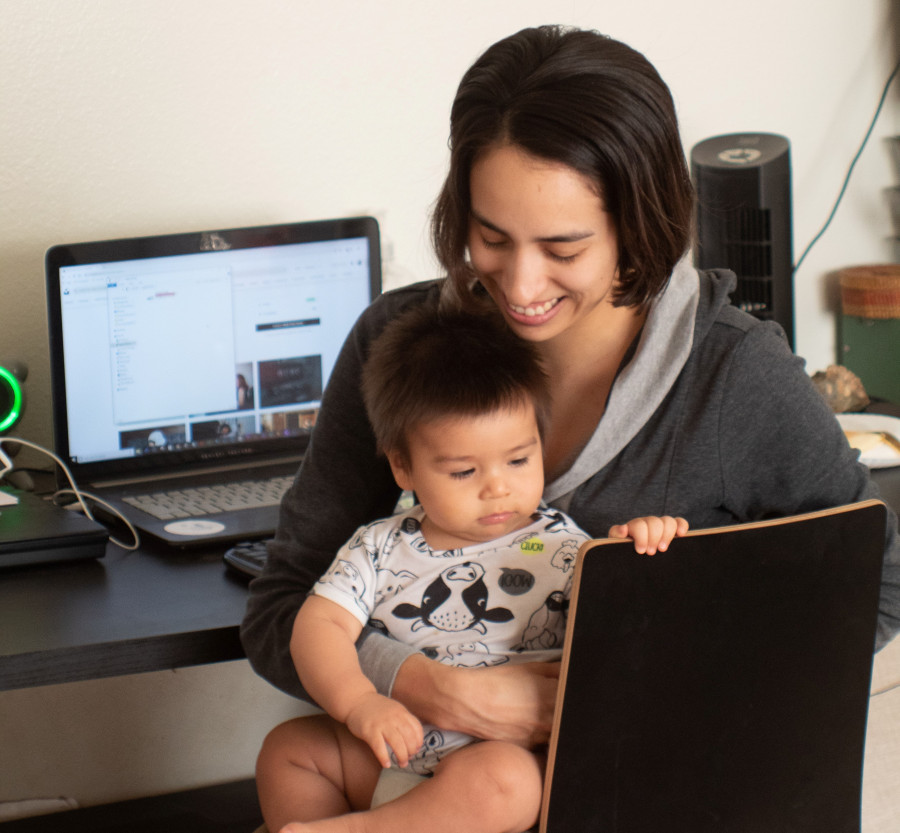
Search
The Drivers of Mothers’ Parental Leave Decisions: Evidence from the Growing Up in New Zealand longitudinal survey

Published: 2021
Authors: Shakked Noy, Isabelle Sin
Most mothers can’t pay
for the leave they want; yet some
get stuck out of work.
Our research investigates how mothers’ preferences and intentions for parental leave compare with the leave they end up taking.
On average, working mothers would prefer to take 69 weeks of leave, much longer than the 26 weeks of paid parental leave currently available. They expect to be able to take only 36 weeks, with much of the difference because of financial constraints.
However, life is unpredictable, especially when you have a new baby in the house. Half of mothers return to work earlier than expected, often motivated by financial difficulties. This is especially true of low income mothers.
Return to work is associated with high stress, especially for mothers who work full time or are self-employed. This highlights the value of flexible work that enables mothers to manage stress by working part time, yet stay attached to the labour force.
Our findings also suggest current parental leave policies may not be flexible enough to cater to self-employed mothers, who tend to return very quickly to work, partly to keep their businesses afloat. Parental leave must currently be taken in one chunk with very limited work during that period. Self-employed mothers might benefit from financial support at a lower level that can be received while working part time.
At the other end of the spectrum, some mothers who neither wanted nor planned it end up not working for years. Lack of access to affordable childcare and to sufficiently flexible jobs contribute to mothers taking years off work. Both government and employers could play stronger roles in helping mothers to combine work with parenthood.
DOI: doi.org/10.29310/WP.2021.08
Citation
Noy, Shakked and Isabelle Sin. 2021. "The Drivers of Mothers’ Parental Leave Decisions: Evidence from the Growing Up in New Zealand longitudinal survey." Motu Working Paper 21-08.
Funders
Ministry of Social Development


Level 1, 97 Cuba Street, PO Box 24390
Wellington 6142, New Zealand
Phone: 64 4 939 4250
 Back to main menu
Back to main menu

